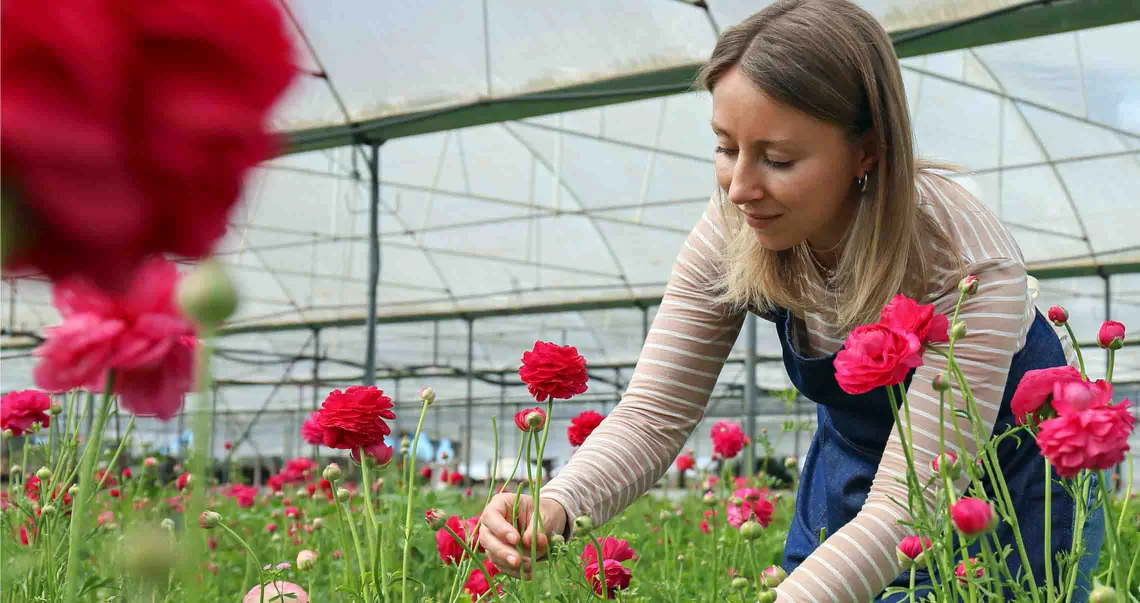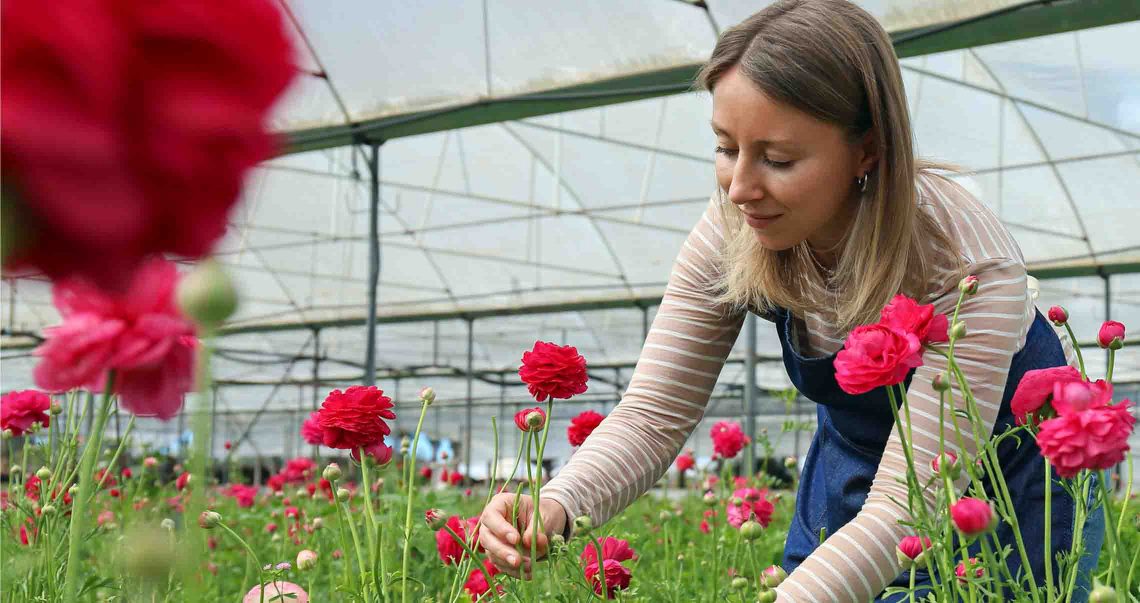Increasing margins in flower agriculture
For cut flower growers, 2020 wasn't coming up roses. With most states limiting social gatherings to help reduce the spread of the coronavirus, many weddings and other events were canceled or postponed. As a result, demand for bouquets and arrangements dropped dramatically. Making matters worse, some grocery stores scaled back orders to focus on selling essential products instead.

With fewer outlets to pursue for a perishable product, the flower agriculture industry suffered losses. If you're a large or small flower wholesaler looking to increase profitability, you'll need to adjust to the new realities of the market.
Finding new flower agriculture business opportunities
Since retail foot traffic and large events have been sidelined or significantly reduced, direct-selling opportunities through e-commerce are critical. Instead of focusing on wholesale operations, you may want to shift to accommodate the retail and consumer market more directly. Fortunately, you can do this in a few ways.
Explore new crops
One of the positive trends that floral businesses can leverage is consumers' increased focus on their homes. With widespread social distancing due to the pandemic, many consumers are looking for ways to perk up their space while staying at home. Some of the cut flowers consumers prefer include roses, pansies, tulips and lilies. While some lockdown guidelines are likely to remain in place through much of 2021, consider shifting a greater share of your flower crops to these crowd favorites this growing season to brighten up some homes.
You might even consider taking on a new crop altogether. Instead of cut flowers, for example, you could sell garden plants. According to Nursery Management, about 50% of homeowners spent more time gardening in 2020. They may be looking to find flowering plants and vegetables, especially from local farms.
Expand services
Similar to popular meal kits, you could offer subscription plans, with weekly, biweekly or monthly deliveries. Another way flower growers can stay viable during the economic downturn is to offer opportunities for people to give back. Create ways people can gift bouquets to healthcare and other essential workers.
Offer tours and agritainment
You could also consider opening up your farm to visitors for tours and events. As people continue to look for safe outdoor activities, agritainment could be an attractive option, giving you a chance to show off your operations and sell bouquets and cut flowers. Another idea is partnering with other fresh produce growers and setting up a drive-through farmer's market.
Staying financially healthy
Increasing profitability in any economic climate requires being vigilant with spending. As you look for ways to increase income, audit your expenses to identify opportunities to eliminate unnecessary spending.
While you may need to reduce your marketing budget, there are plenty of free or low-cost ways to get your business some exposure. Some growers donated cut flowers to nursing homes and hospitals, receiving some publicity for their kindness. You can also engage with potential customers over social media. Any marketing activity you do should be tracked to measure its return on investment. If one activity isn't working, try something else.
Many businesses had to furlough or cut back on staff. If you were able to keep on members of your team, consider using a slower time to reassign and tackle projects you've had on the back burner. For example, your employees might be able to help you update your online presence or streamline operations. Investing time now could help you grow when routine business picks up again.
It's also important to have some type of backup funds to weather a decline in sales. Getting a line of credit or business loan in place can provide a sense of security in tough times. It can also help to explore and apply for any available federal COVID-19 relief packages.
Many businesses were hit by the pandemic. The key to survival is two-pronged: Rethink your business to find new ways of generating revenue, and focus on day-to-day operations to maximize your bottom line. Consider the process to be like planting seeds for the future.





